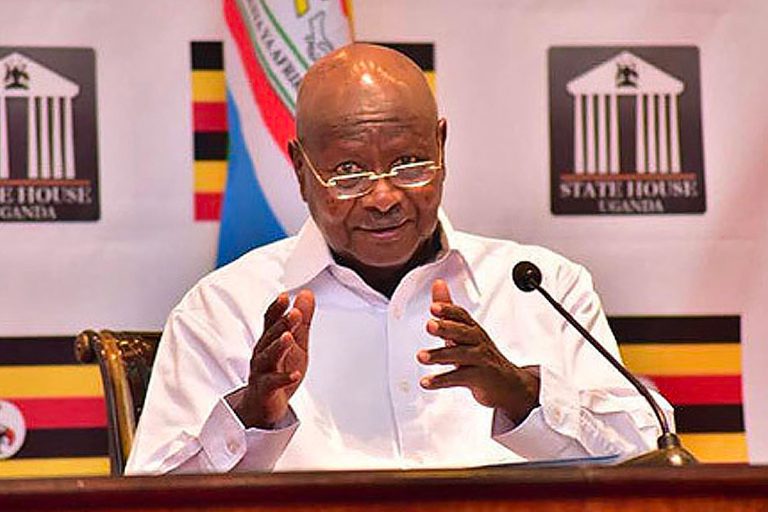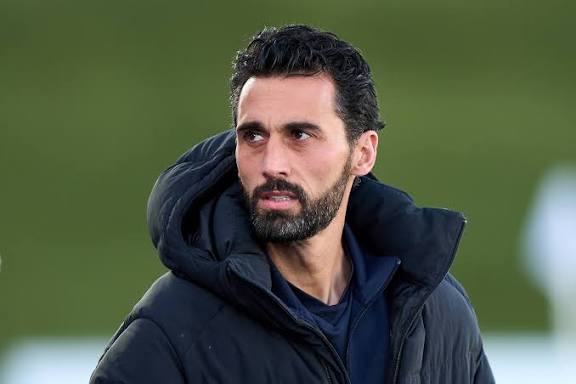
Chairman of the Presidential Fiscal Policy and Tax Reforms Committee Taiwo Oyedele, says every Nigerian who earns an income has a legal obligation to declare it regardless of the nature of their work.
Speaking at an interactive session with journalists, public analysts, and influencers on Friday, Oyedele clarified that the new tax laws, signed by President Bola Tinubu on June 26, do not introduce new taxes but reinforce existing obligations under Nigerian law.
The newly signed Fiscal Tax Reform Acts, expected to take effect on January 1, 2026, consolidate and update Nigeria’s tax structure. Oyedele stressed that the self-declaration of income is not a novel requirement, but a long-standing provision in the law.
“Everybody has the responsibility to self-declare. That is the first obligation in the law,” Oyedele stated.
“If I am an agbero [bus park worker] and I get paid, how is that different from a waiter or factory worker? We cannot say that agberos or sex workers are exempted from tax.”
No Exemptions Based on Morality or Legality
Oyedele explained that income is taxable regardless of whether it is earned through legal or socially acceptable means. He cited global precedents to support the stance that tax laws do not consider the moral or legal status of income sources.
“There are court judgments across the world that say, in tax matters, there are no questions about morality or legality,” he said.
“If tax law exempts immoral or illegal activities, then people would simply label their work illegal to avoid paying taxes.”
He referenced a public notice from the U.S. Internal Revenue Service (IRS) that explicitly states stolen income or illegal earnings must still be declared for taxation purposes.
Income Tracking Through System Validation
Oyedele noted that even if individuals fail to declare their income voluntarily, tax authorities have systems in place to detect discrepancies.
“If an agbero or journalist does not declare income, how do we find out? Through system validation. You either spend, save, or invest your money, all of which involve third parties and can be traced,” he explained.
He added that the focus of the new reforms is not to burden citizens with new taxes, but to expand the tax net, increase compliance, and improve fairness in the system.



